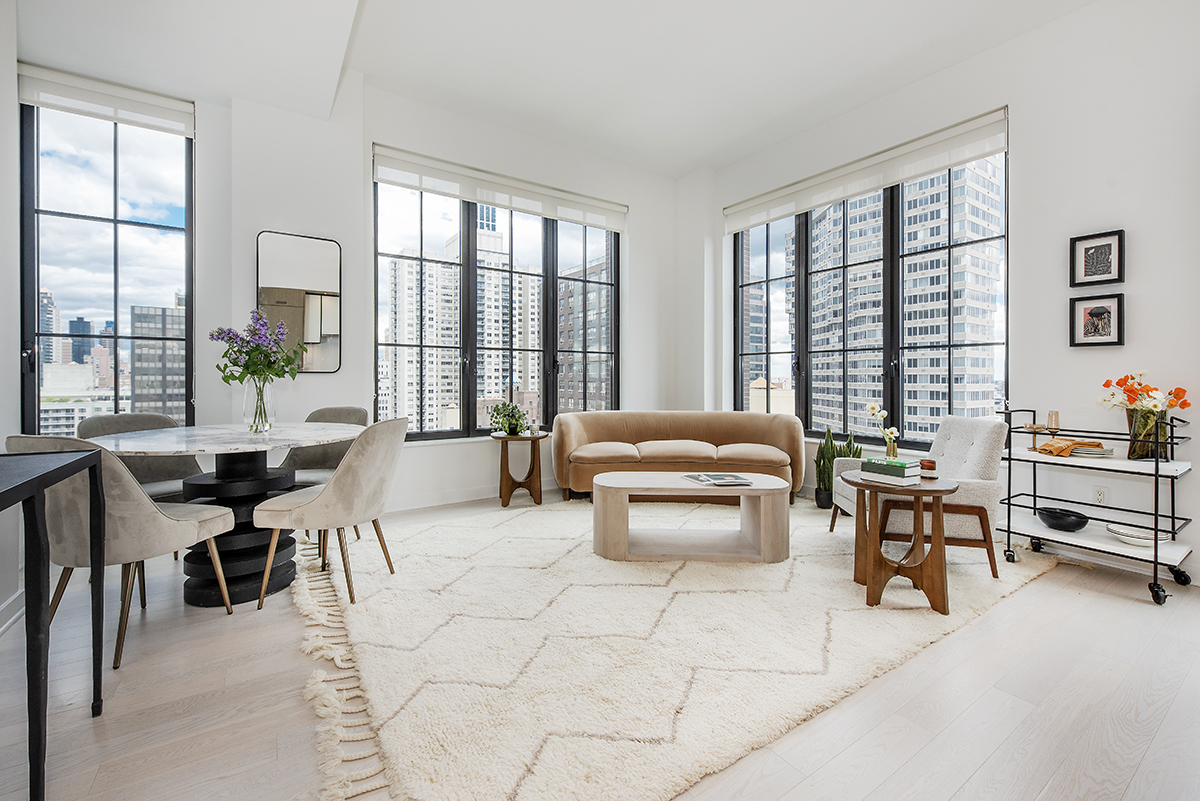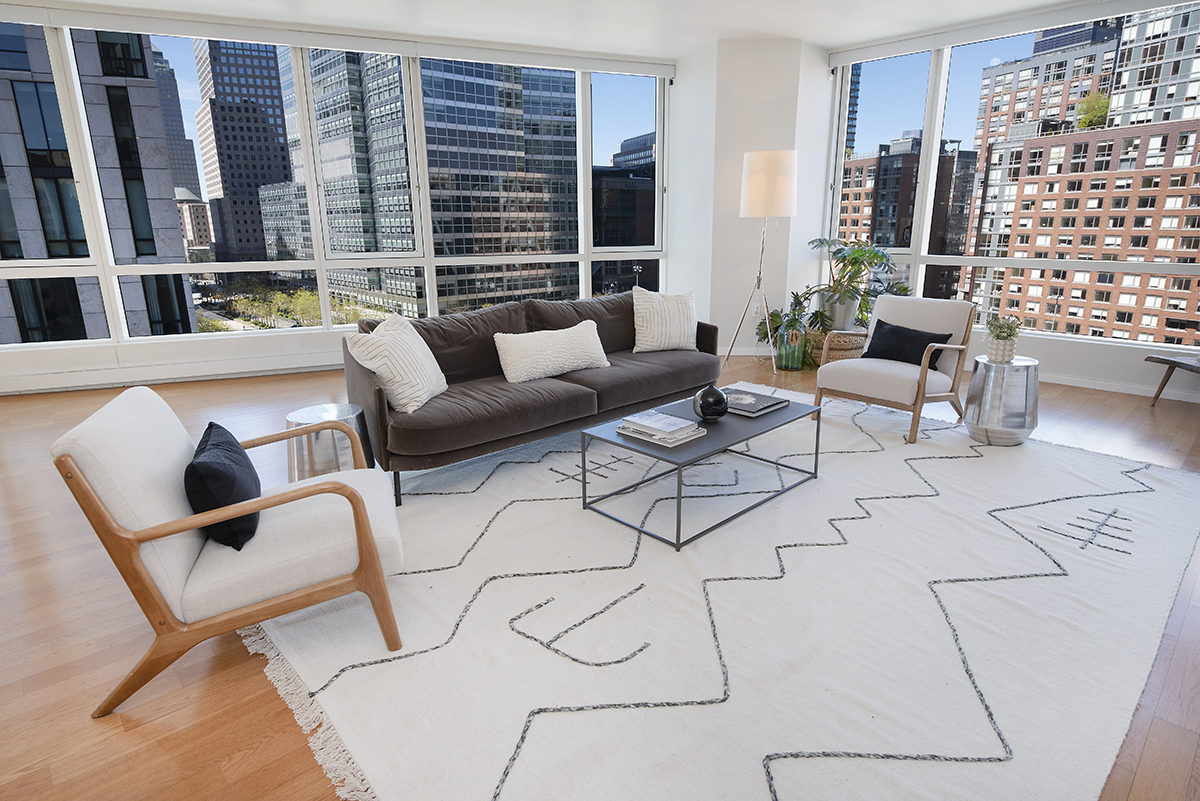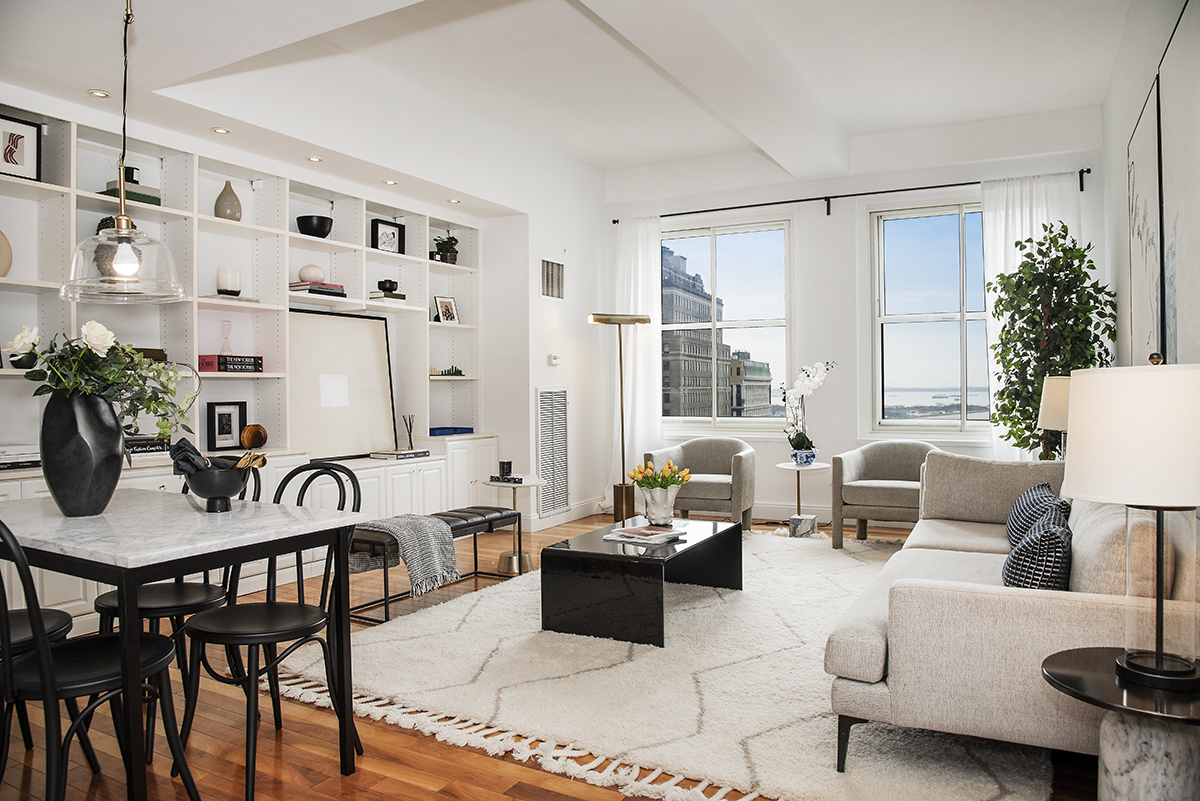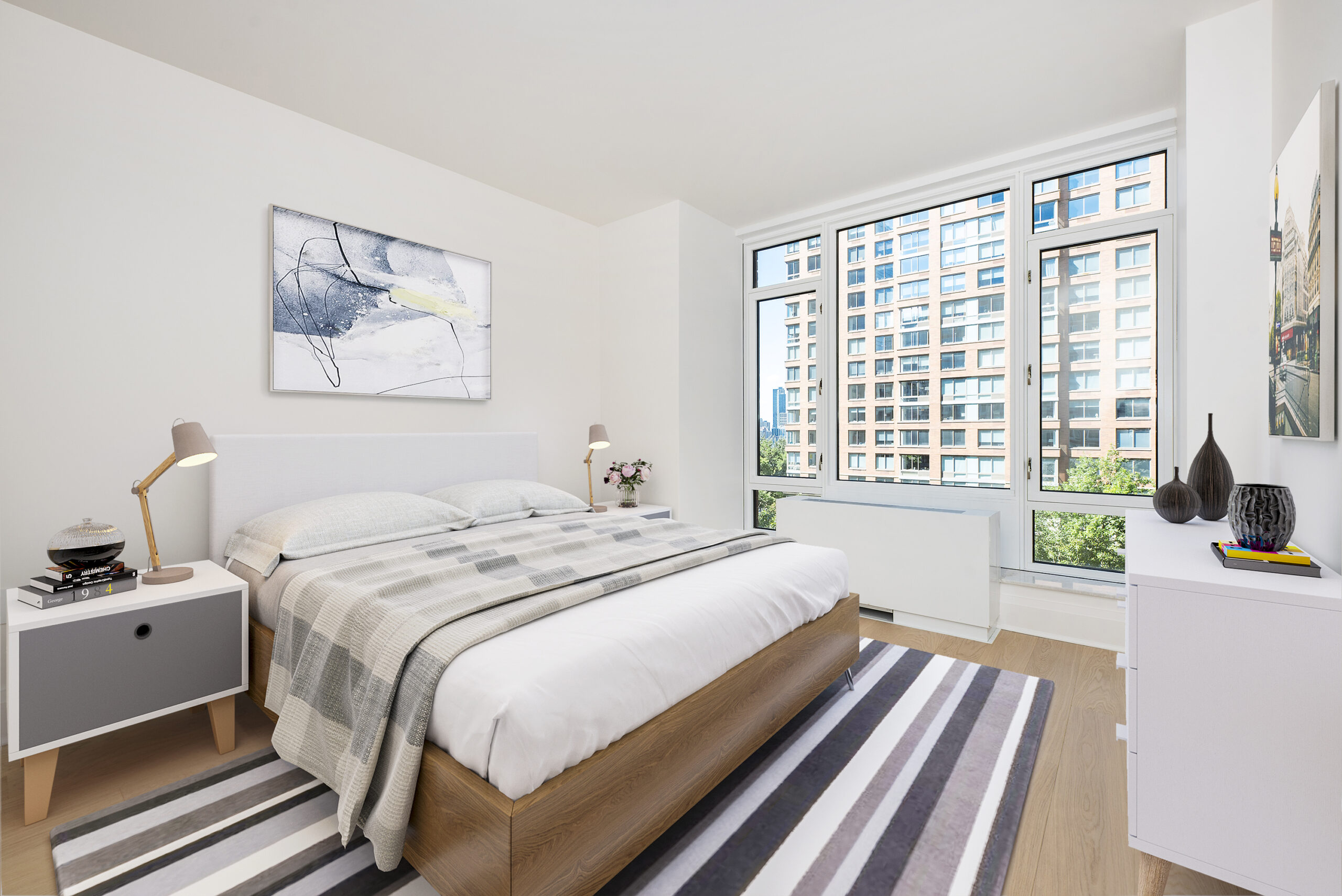Manhattan Property Review
Posted by Wei Min Tan on August 17, 2020
The island of Manhattan has a population of 1.6 million living in property that include individually-owned apartments, multifamily, mixed use and large rental buildings. This Manhattan property review looks at the pros and cons of each type of property from an investor’s perspective.
According to U.S. Census data, only 23.1 percent of Manhattan residents own their residence while 76.9 percent rent. This is opposite of the U.S. where home ownership rate is 63.9 percent. The reason is that Manhattan property is the most expensive in the U.S. For context, the median home price in the U.S. is $320,000 while in Manhattan, the median price for a Manhattan apartment is $1 million. As a property investor, the metrics are favorable because of the large tenant pool and low vacancy rate, at 2 percent.
Contact: tan@castle-avenue.com
Read about Wei Min’s style in Best Manhattan property agents and Role of a buyer’s broker.
Interested in working with Wei Min?
Click here to get in touch!
Here is a Manhattan property review comparison on types an investor buyer can invest in. I am not including large rental buildings which are usually owned through REITs.
Cooperative Apartments
Cooperative apartments make up two-thirds of the individually-owned apartment inventory in Manhattan. Locally referred to as “Co-ops,” this type of apartment is where the apartment owners actually own shares in the building and have a long term indefinite lease called a proprietary lease. Apartment owners are shareholders of the building.
The practical implication is that owners need board approval to: (i) sell (ii) rent out the apartment. Most Co-ops have limited rental flexibility, for example, owners may rent out 2 years out of every five years. As such, almost all Co-op purchasers buy for self use. Given the limitations, the price of a Co-op apartment is between 30 to 50 percent lower than the price of a Condominium apartment on a price per square foot basis.
The median price of a Cooperative apartment is $750,000 with an average price per sqft of $1,222.
Pros: Lower price than a Condo, lower closing costs
Cons: Limitations on renting out, board approval needed to sell
Condominium Apartments
Condominiums are apartments where each apartment owner holds title to the apartment. It is similar to most apartment legal structures around the world. Unlike a Co-op, a Condominium owner does not require board approval to sell and a Condominium owner can rent out the property when he/she likes.
This is the preferred type of investment property for investors. It is a simple ownership structure and there is little management required from the condominium owner. For example, there is no roof or boiler or furnace that the condominium owner has to be responsible for.
Deal Example: The Sutton, Midtown East. Toll Brothers development, required only 10 percent reservation deposit. Represented multiple buyer clients at the $2 million price point and reserved units at pre-construction stage. Project took 2 years to complete. Location and luxury finishes make this a good investment. Close to United Nations, Citigroup Center, Blackstone, Blackrock. Rented at premium rents from the beginning.
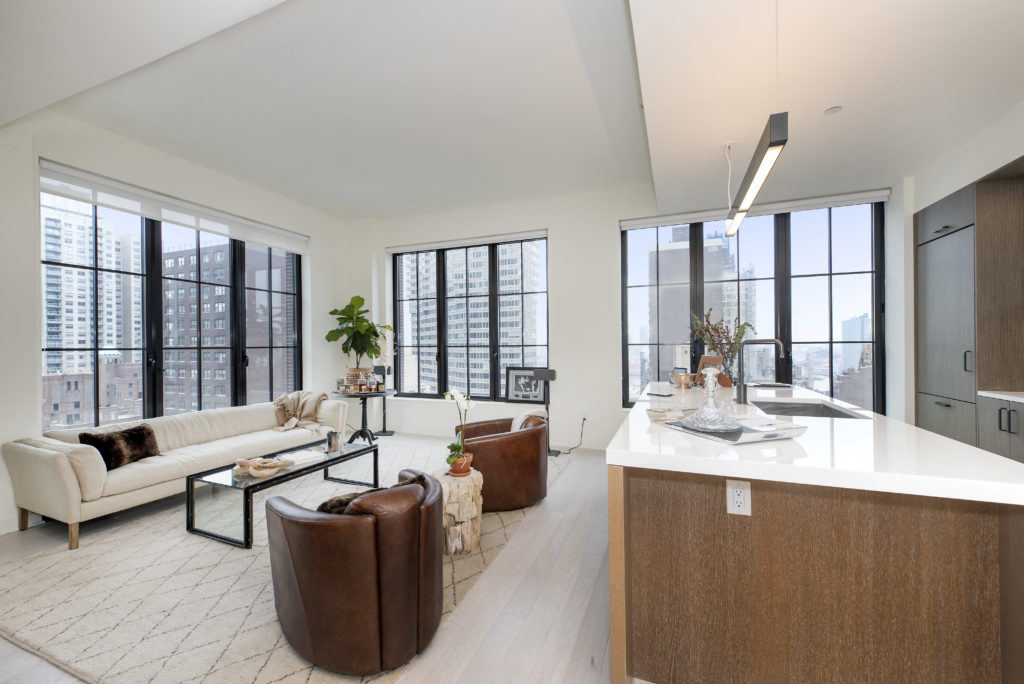
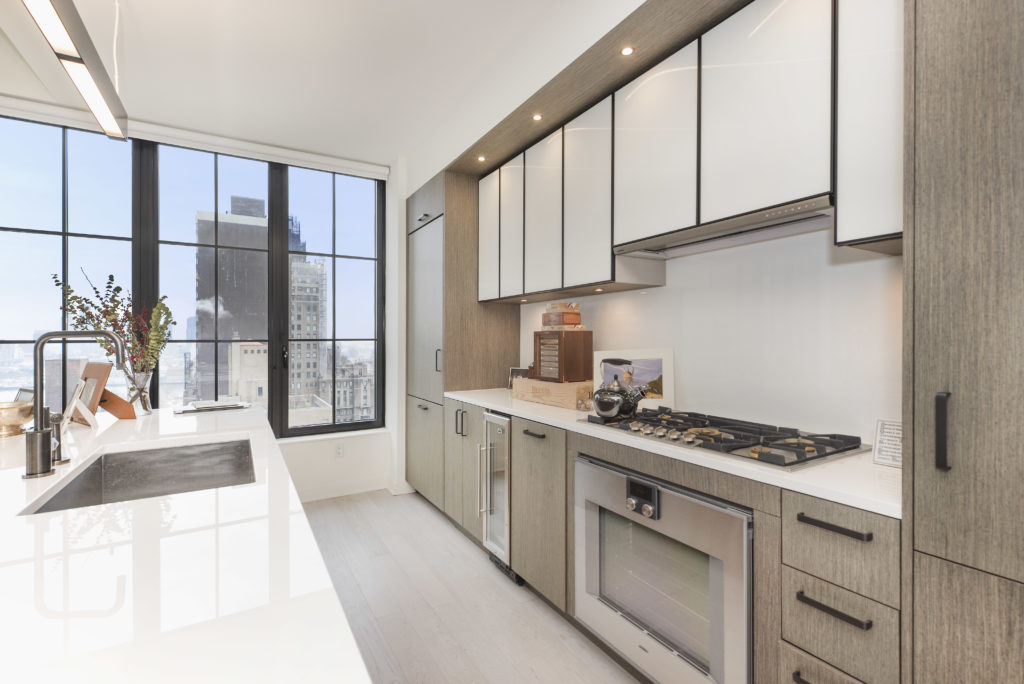
A condominium building is usually staffed with a building manager, concierge and multiple handymen who would address issues within the apartment such as a leaky toilet or broken smoke detector.
Condominiums make up one-third of the individually-owned apartment inventory in Manhattan (two-thirds are Co-ops).
When looking at total housing inventory in Manhattan, Condominium inventory is only 10 percent, Co-ops are 20 percent, while rental buildings make up 70 percent.
Condominiums are more expensive than Co-ops and investors buy this category of apartments because of the limited supply, appreciation potential and ease of renting out.
The median price of a condominium apartment is $1.69 million with an average price per sqft of $2,014. This is the ideal property type for investors with a price point of $650,000 to $3 million and who want minimal management hassles and reliable appreciation. Investors can buy new launch condos which means booking at the pre-construction stage or resale, which means buying from another owner.
Pros: Appreciation, flexibility in renting out, no board approval needed
Cons: Higher price than Co-ops
Foreign Buyer Guide to Investing in New York Property
Price appreciation trend of Manhattan condos
Multifamily Building
Multifamily buildings here refer to small buildings that an investor can own. For example, a 4-unit multifamily building where all four units are residential apartments. There is no elevator or doorman in multifamily buildings and the landlord is responsible for the upkeep of the entire building.
Usually the landlord would hire a super (superintendent) who works part time to take care of the property and handle repairs.
Pricing for multifamily buildings in Manhattan start at around $7 million and go to about $25 million. Valuation is more complicated because pricing is based on rental income, which is not always correlated with size of the building. Rental buildings that have “Free market” tenants get higher rent than buildings that have “Rent stabilized” or “Rent controlled” tenants.
Pros: More apartments to spread the vacancy risk, landlord owns land under the building
Cons: Owner responsible for the entire structure’s upkeep, need to hire property manager, appreciation based on rental income
Mixed Use Building
Mixed use buildings here refer to small buildings but instead of all residential apartments, the ground floor is a commercial space such as a retail store or restaurant. The landlord is responsible for the entire building and needs to have a property manager.
Income is diversified because it comes from a commercial tenant which usually has a longer lease term and multiple residential tenants. The commercial lease may even be “triple net” which means the commercial tenant pays for all expenses related to the space. While a commercial lease is longer, it also takes much more time to rent out a vacant commercial space.
Pricing is also driven by rental income and mixed use buildings also start at around $7 million.
Pros: Diversification of income stream
Cons: Same as multifamily, commercial space takes longer to rent out.
What We Do
We focus on global investors buying Manhattan condos for portfolio diversification and long term return-on-investment.
1) Identify the right buy based on objectives
2) Manage the buy process
3) Rent out the property
4) Manage tenants
5) Market the property at the eventual sale
Deal Example: 200 Chambers Street. Luxury building in Tribeca with premium price and rents. The low carrying costs and high demand make this a good investment. Located next to Whole Foods, World Trade Center, Goldman Sachs headquarters. This apartment faces the building’s zen garden and comes with a washer/dryer within the apartment.
Weimin’s article, Buying tenanted property in Manhattan
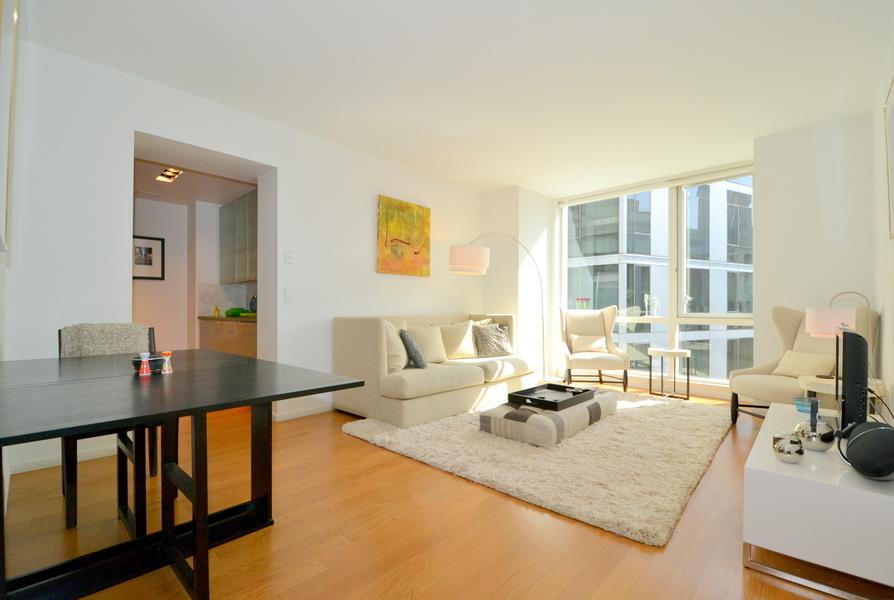
Deal Example: Parc Vendome, Midtown West. A value buy but required renovation of the entire apartment. Renovations in Manhattan are more time consuming because of licensing/permits/limited elevator usage etc. The buy decision based on southern exposure with plenty of light and proximity to Central Park. Rented out immediately after renovation project was completed.
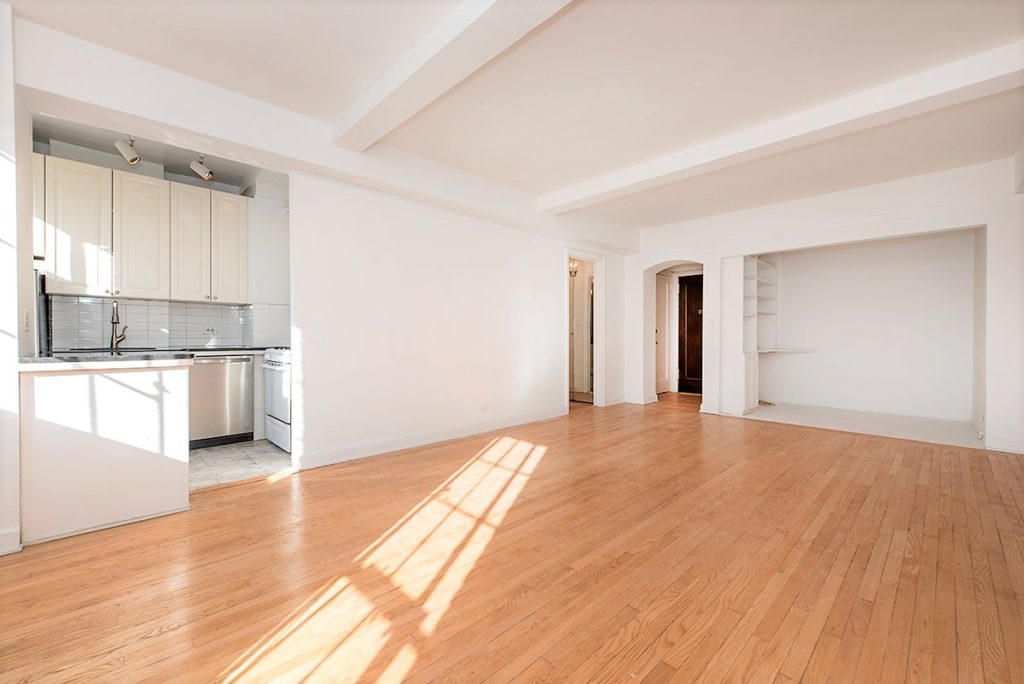
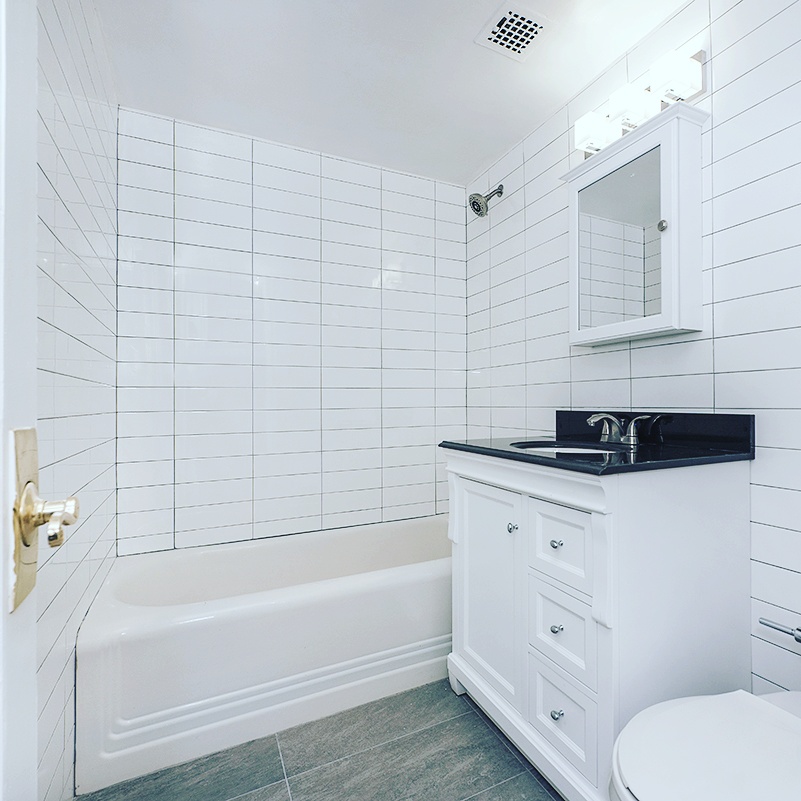
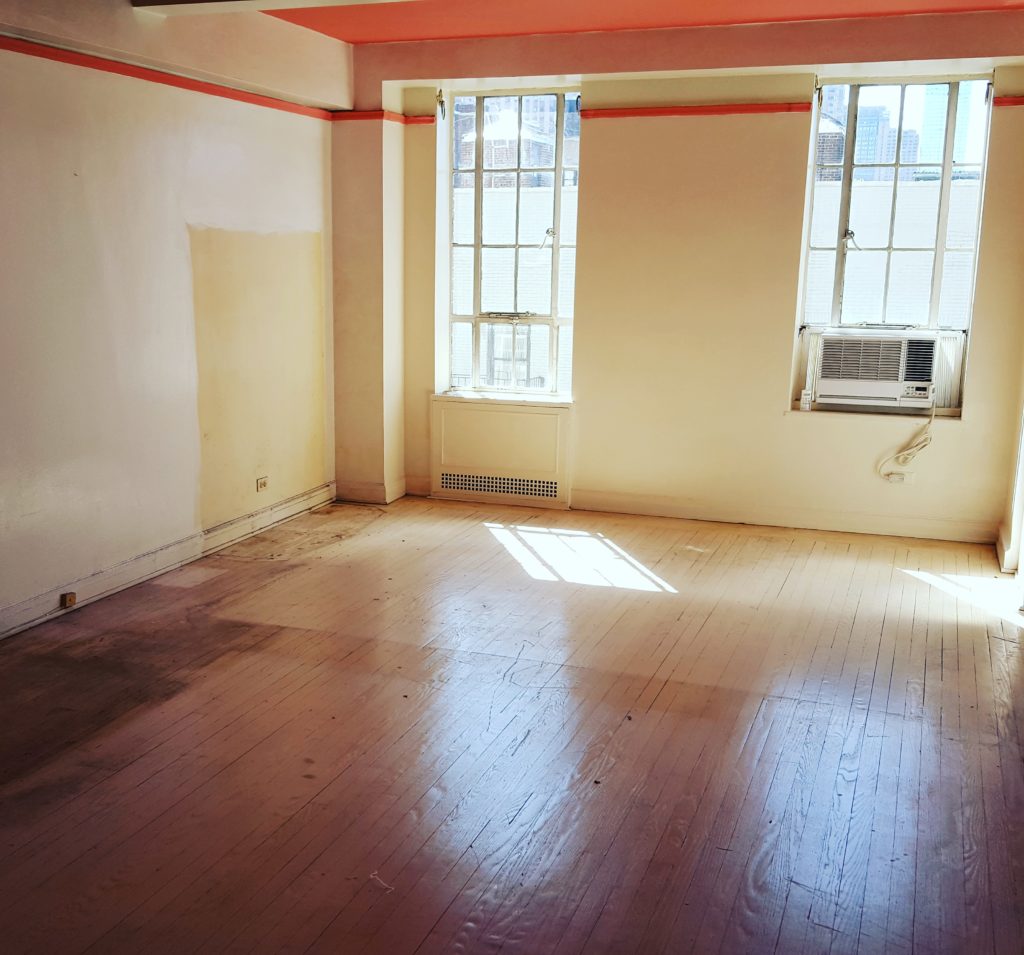
Notes:
Article updated August 17, 2020
Follow On Instagram
Related Articles:

